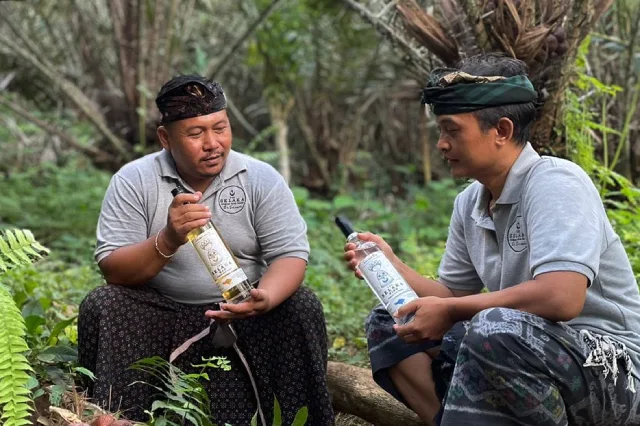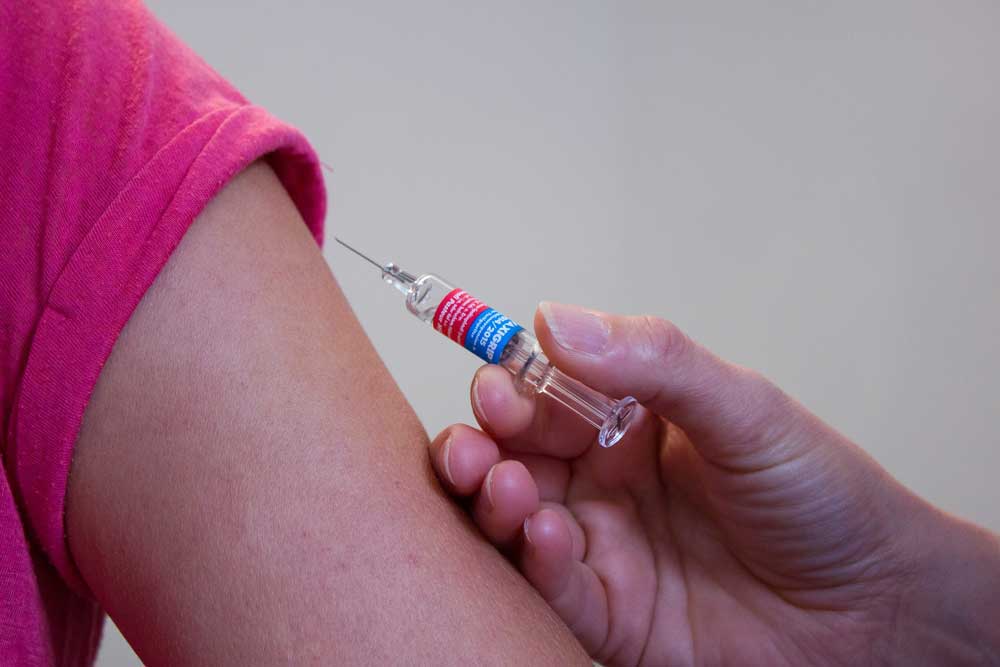Things to Do in Bali
Recommended Vaccination and Precautions for your trip to Bali
This island is much more developed than most regions in Indonesia, and the main tourism areas match international standards when it comes to hygiene. Suppose you plan to travel to other locations in Indonesia or venture out for a longer period into the more remote areas of Bali. In that case, a more careful approach is recommended.
Because vaccines need to be taken before arriving at your holiday destination, planning your vaccination strategy 4-8 weeks before departure is recommended since certain vaccinations need many doses or several weeks for your body to develop immunity.
Below you find a list what doctors and health organizations recommend
Disclaimer: The list is NOT reflecting our personal opinion, but is an extract of recommendations by the WHO and Health Organizations such as CDC (US). Always consult a doctor for health & vaccination advise.
Diphtheria, Tetanus, Pertussis (DTP)
A standard vaccination. Not Bali or Indonesia specific. Last immunization should not be older than ten years.
Highly Recommended
Hepatitis A
Hepatitis A is a viral infection of the liver. Like typhoid-fever, it is also transmitted by contaminated water and food. It might also be acquired by direct contact with infected people. Symptoms are usually fever, nausea, vomiting and pain in your abdomen, and could even lead to severe cases.
Hepatitis A vaccine is recommended for travellers to developing countries which also includes Indonesia and Bali.
Typhoid
Typhoid fever is linked to the salmonella species known as Salmonella typhi. Common symptoms are fever muscle aches, nausea, abdominal pain and problems with the stool (diarrhea or constipation). The salmonella is transmitted by contaminated food or water. People can transmit the disease without knowing that they have it.
Vaccination is advised, particularly if you plan to eat street food or stay for extended periods
Dengue Fever
The most imminent health hazard to Balinese and tourists (after traffic accidents) is most likely Dengue fever. Dengue fever is a flu-like illness and not uncommon in Bali. More about Dengue Fever and the Vaccination
The dengue fever vaccination is recommended for travelers to Bali, Indonesia. The Indonesian government and health authorities have approved the use of the dengue vaccine.
Rabies
Some outbreaks of rabies in 2008 and 2010 raised concerns among travellers to Bali. A rabies vaccination is not all that necessary if you come to Bali. Still, because dogs (and monkeys) who would often interact with tourists can carry rabies, and Bali’s dog population being estimated at 500.000.
Travelers who can get in touch with these animals are:
- Campers, adventure travelers, or cave explorers (spelunkers)
- Veterinarians, animal handlers, field biologists, or laboratory workers handling animal specimens
- Visitors to rural areas
Getting the vaccine may not a bad thing before coming here.
Malaria
The general risk to catch malaria in Bali is very small. Bali is categorized as a “low to no risk” destination for Malaria. Best protection is still not to get bitten by mosquitoes. Make use of mosquito nets, wear long sleeves, and long trousers when you take a jungle hike for example.
Low risk, vaccine not available, prophylaxis not necessary
Hepatitis B
Hepatitis B is transmitted through blood and bodily fluids. This vaccine is recommended, if you might have close contact with people in remote areas or plan to engage in activities that could lead to exposure. (please do more research whether your travel plans would put you at risk).
Generally not recommended
Yellow Fever
Only required for travelers arriving from yellow-fever infected countries (Africa, Americas)
Other health risks that are worthing looking into
Diarrhea (Bali Belly)
In Bali, Montezuma’s revenge is most commonly known as a phenomenon called Bali Belly. Globally, the number one travel-related disease is mainly due to hygiene reasons in contaminated water and food. It’s a good thing to bring some of the available anti-diarrheal drugs along when traveling – just in case. Although diarrhea is, in most cases, not dangerous but if symptoms persist for more than three days (72h), then go to a doctor. Also, if you experience within 8 hours three more loose stools, vomiting, strong cramps, blood in the stool and fever, then you might need antibiotics.
Medium risk, don’t drink tap water, be careful with street food MORE INFO
HIV
Bali has a lot of prostitution. Some studies suggest that HIV is widespread among the prostitutes. There are several other sexually transmitted diseases (STD) that are not uncommon among working girls (and boys) which will be difficult to explain back home.
Be cautious and conscious.























